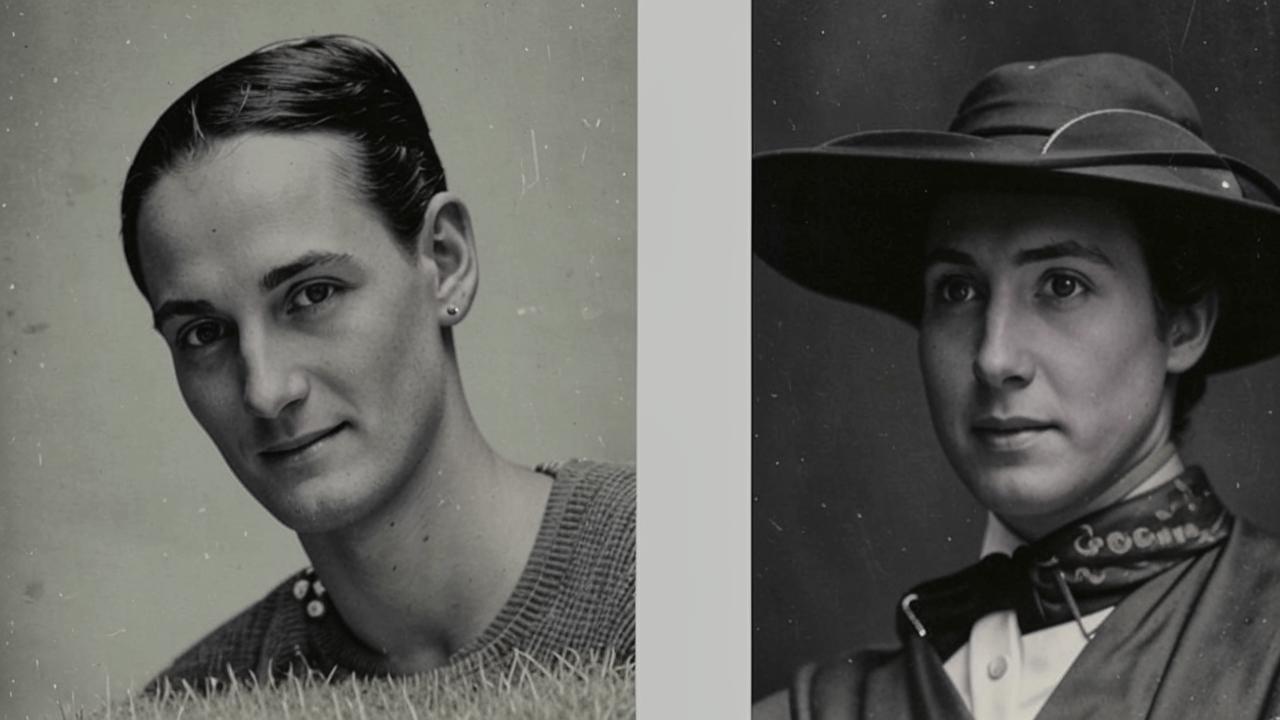We grow up in an environment where we are sometimes taught to finish what we have started, just to avoid looking weak in the eyes of others. This kind of upbringing traumatizes the psyche and creates feelings of guilt. This can cause insecurity, conflicts with others and dissatisfaction with life in general.
Having arisen in the psyche of a person, this feeling helps to adapt to a morally difficult situation, so as not to focus on it and not to solve the problem, which in fact should be worked through with a psychologist. Together with an expert, we tell you how self-accusation appears and what to do with it.

neuropsychologist
Since childhood, we have been taught that we should bring what we have started to the end. Parents justify this by fostering willpower in the child.
How does guilt begin?
Guilt can arise at an early age, when the child can not yet express emotions and analyze what is happening. For example, when parents start fighting, the baby may think that it is because of him. Unconsciously trusting the authority of adults, he shifts the blame to himself. This happens because children do not want to disturb the stability of life. They think that if they behave differently, their parents will stop fighting.

Self-blame can stay with a person for many years, and he will solve life’s troubles through the prism of this problem. This moment can be worked through with the help of psychotherapy. Specialists will help to revive childhood memories, which will help to understand the original causes and rebuild the model of behavior.
With the desire to be comfortable for everyone must necessarily work. The easiest way to do this is to carefully monitor your speech. If there is a desire to “apologize”, pause and address the person in a different way (“if you would be kind”, “could you give me a hint”, etc.).
You think you don’t deserve to be happy
Guilt makes you think that you are not worthy of a compliment, a happy life, or the fulfillment of your desires. If you don’t believe it’s possible to pursue your interests and be happy, take a second look at your surroundings. You are probably surrounded by unloved people who reflect an internal attitude of “I am not worthy of happiness” and arouse guilt in you.
You react aggressively
Aggression in the context of self-blame is a residual grievance against the offending person. It can manifest itself in the form of figuring out relationships, a habit of criticizing others, a desire to be right and have the last word in a conflict.

People with guilt make excessive demands on themselves and demand the same from others. When they see behavior that doesn’t conform to their perceptions, they express their displeasure in an aggressive manner.
You experience anxiety
All people are prone to experiencing anxiety, but in a healthy person it is usually commensurate with the situation and subsides with time. If anxiety is manifested by feeling unwell, trouble sleeping, sudden mood swings, overeating or obsessive dieting, overworking and declining energy, then your psyche has chosen it as a defense mechanism to deal with guilt.

This is usually how the psyche reacts to very difficult experiences so that you will try to control the situation rather than turn away from what is happening.
Society teaches us not to give up through the example of team games, quitting during a match means you are the weak link. This theory is reinforced in the subconscious through well-known proverbs: “do the job – walk free”, “say A, say B”, the list goes on. But for some reason no one explains that often in adult life it is not worth going to the end, especially if it goes against values or with damage to time, nerves and strength.
We are afraid of not completing things to the end because we unconsciously associate it with weakness, laziness, our own powerlessness. That is, we are afraid of being bad in the eyes of others or our own.

What if we look at any process in a different way? Evaluate whether the work brings you pleasure, whether it gives you new perspectives? And if you see that you are in a state of loss (of time, effort, nerves, money), safely give up this business in favor of yourself. After all, you can use the freed up resources for your own benefit and achieve much greater success in other areas.
Asya: Four months ago I was offered to host a transformational show like “Patsanok”. I had to help seven amazing girls with a difficult life story, work through their traumas and start living again. I agreed to do it. I didn’t hesitate long. The story ended up taking a lot longer. I spent a lot more of my time, energy and even money. Two weeks ago I left the project without finishing it, with losses and wasted time. But in this situation, I was a winner, not a loser.
It’s not scary to give up, it’s scary to waste precious time.






